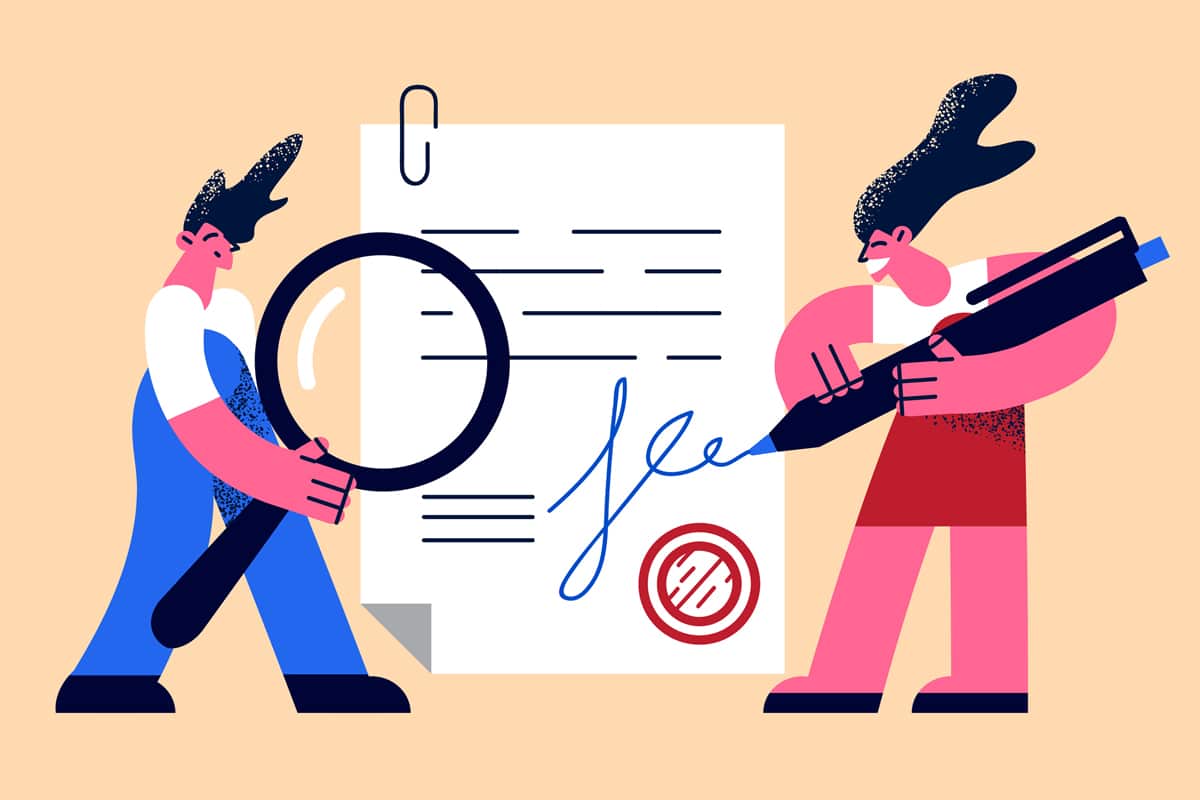RULE 15
Talking to the Press

Navigating media involvement in whistleblowing can be challenging. When witnessing a significant violation or uncovering a complex crime, it’s natural to consider sharing your story with the press. Although this may increase public awareness, it can also jeopardize your job, safety, and well-being.
Whistleblowing has evolved into a more discreet process: you file a confidential claim with the government, maintain your position during the investigation, and keep the perpetrators unsuspecting. Although the rules are unclear and require improvement, whistleblowers who contact the media first often risk forfeiting potential rewards.
Government employees have a constitutional right to engage in lawful and reasonable communication with the press under the First Amendment. State and local government employees experiencing retaliation for whistleblowing through the media can file a federal case under the Civil Rights Act of 1871. However, different rules apply to classified information, and actions like document leaks or disclosures to unregulated sites, such as WikiLeaks, are not protected.
Practice Tips
- Pickering v. Board of Education, 391 U.S. 563 (1968) (landmark case protecting the right of government employees to blow the whistle to the press); Sanjour v. EPA, 56 F.3d 85 (1995) (right of government whistleblowers to engage in outside speaking, writing, and teaching); Dep’t of Homeland Sec. v. MacLean, 574 U.S. 383 (2015) (right of federal employees to lawfully disclose misconduct to the news media); Dougherty v. School District of Philadelphia, 772 F.3d 979 (3rd Cir. 2014)(explaining standards applied in media disclosure case by public employee).
- Department of Labor decisions protecting disclosures to the media: Diaz- Robainas v. Florida Power & Light Co., 92-ERA-10, Order of Secretary of Labor, 1996 DOL Sec. Labor LEXIS 6 (Jan. 10, 1996); Donovan v. R.D. Andersen Constr. Co., 552 F. Supp. 249 (D. Kan. 1982).
- Title VII decision protecting disclosures to the news media: Wrighten v. Metro. Hosps., Inc., 726 F.2d 1346 (9th Cir. 1984).
- Huffman v. Office of Personnel Management, 263 F.3d 1341, 1351 (Fed. Cir. 2001) (holding that media disclosures are an indirect way of disclosing information of wrongdoing to a person in a position to provide a remedy) (Whistleblower Protection Act case).
- Tides v. Boeing, 644F.3d 809 (9th Cir. 2011), holding that employee contacts with the press were not protected under 18 U.S.C. § 1514A(a)(1) of the Sarbanes-Oxley Act. However, the court left open the issue as to whether contacts with the press were protected under another clause of the act, § 1514A(a)(2).
- Pacheco v. Waldrop, 84 F.3d 606 (W.D. Ky. 2015) (media disclosure not protected under state whistleblower statute).
Resources
Retaliation
Cases discussing news media disclosures under the First Amendment and Federal Employee disclosures:
- Pickering v. Board of Education, 391 U.S. 563 (1968), and Andrew v. Clark, 561 F.3d 261 (4th Cir. 2009) (First Amendment)
- Dep’t of Homeland Sec. v. MacLean, 135 S.Ct. 913 (2015) (contacting news media protected under Whistleblower Protection Act)
- Huffman v. Office of Personnel Management, 263 F.3d 1341, 1351 (Fed. Cir. 2001) (citing Horton, 66 F.3d at 282, holding that media disclosures are an indirect way of disclosing information of wrongdoing to a person in a position to provide a remedy) (superseded by Whistleblower Protection Enhancement Act of 2012).
Federal employees working for national security and intelligence agencies need to comply with agency prepublication review requirements before publishing information in the news media or writing books or articles.
Cases discussing news media disclosures under private sector whistleblower laws (administered by Department of Labor or EEOC):
- Donovan v. R.D. Anderson, 552 F.Supp. 249 (D. Kan. 1982) (contacting news media protected under OSHA)
- Chambers v. Dept. of Interior, 602 F.3d 1370, 1379 (Fed. Cir. 2010) (media contacts protected under Whistleblower Protection Act)
- Haney v. North American Car Corp., 81-SWDA-1, Recommended Decision and Order of Labor Department Administrative Law Judge (Aug. 10, 1981), affirmed, Secretary of Labor (June 30, 1982) (under environmental whistleblower laws)
- Diaz-Robainas v. Florida Power & Light Co., 92-ERA-10, Order of Secretary of Labor (Jan. 10, 1996) (Atomic Energy Act); Wrighten v. Metropolitan Hosp., Inc., 726 F.2d 1346, 1355 (9th Cir. 1984) (holding a press conference is protected under Title VII).
In a 2011 decision, a three-judge panel of the U.S. Court of Appeals for the Ninth Circuit broke with most precedent and found that employee contacts with the press were not protected under 18 U.S.C. section 1514A(a)(1) of the Sarbanes-Oxley Act. However, the court left open the issue as to whether contacts with the press were protected under another clause of the act, section 1514A(a)(2):
- Tides v. Boeing, 644F.3d 809 (9th Cir. 2011).
Even if a contact with the news media is protected under federal law, whistleblowers who use a state law as the basis for a complaint risk losing their case:
- Pacheco v. Waldrop, 84 F.3d 606 (W.D. Ky. 2015) (media disclosure not protected under state whistleblower statute).
Rewards
There are very few cases discussing the application of the “original information” provisions permitting whistleblowers to initially alert the government to violations via a disclosure to the news media. However, under all of these laws a whistleblower would have to prove (a) that they were the source of the information to the news media, and (b) that the government relied on the media disclosure in sanctioning the company.
Furthermore, all of the other technical filing requirements would have to be met. The statutory provisions that permit whistleblowers to obtain rewards if they initially alert the press to the violations are:
NOTHING PROVIDED?
False Claims Act:
- 31 U.S.C. § 3730(e)(4)(A).
Securities and Exchange Act/Foreign Corrupt Practices Act:
- 15 U.S.C. § 76u-6(a)(3).
IRS whistleblower reward law:
- 26 U.S.C. § 7623(b)(2)(B).
Commodity Exchange Act:
- 7 U.S.C. § 26(a)(4).
Motor Vehicle Safety Act:
- 49 U.S.C. § 30172(a)(3).
Anti-Money Laundering Whistleblower Improvement Act:
- 31 U.S.C.§ 5323.
How whistleblower disclosures to the news media serve the public interest is well documented in U.S. history.
- Carl Bernstein and Bob Woodward, All the President’s Men (New York: Simon & Schuster, 1974).
Frequently Asked Questions
Related Rules
Order Your Copy Today!
All purchases or donations proceeds go to support the National Whistleblower Center, a 501(c)(3) non-profit organization dedicated to supporting whistleblowers.
Shipping is to the United States Only
For international orders, please contact [email protected].






